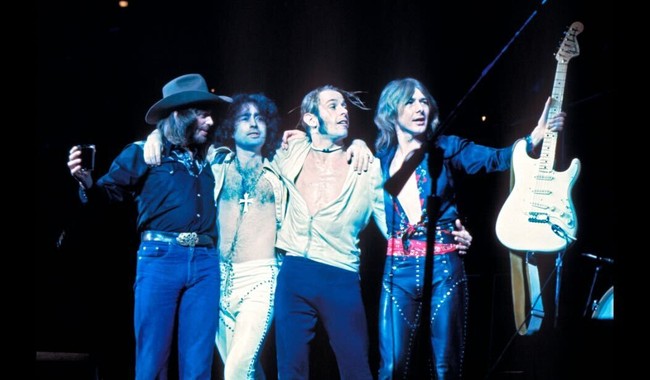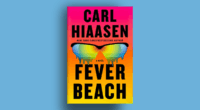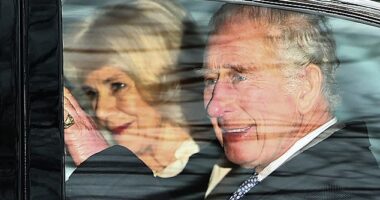
Mick Ralphs, the British rock guitarist whose career encompassed both the iconoclastic with eclectic glam rockers Mott the Hoople and iconic with melodic blues-rockers Bad Company, passed away on June 23, 2025, from complications of a debilitating stroke he suffered in 2016. Ralphs was 81.
Ralphs first came to public attention with Mott the Hoople. The band, led by Ralphs and lead singer Ian Hunter, amassed a minor cult following between 1969 and 1972, primarily due to their constant touring despite all four albums released during this period flopping badly. Mott the Hoople was on the verge of dissolving when David Bowie came to the rescue, penning the band’s 1972 breakthrough hit “All the Young Dudes.”
Success, however, did not bring about satisfaction. Ralphs, none too keen on the glitter rock direction Mott the Hoople had taken, left the band in 1973 in search of more organic ground in which to plant his musical vision. He found it by teaming up with vocalist Paul Rodgers and drummer Simon Kirke, previously of the blues quartet Free, best known for “All Right Now,” and bassist Boz Burrell, whose résumé included a stint with progressive rockers King Crimson. The new band, named Bad Company, quickly jelled professionally and personally. Aided by association with Led Zeppelin — the band signed with Zeppelin’s Swan Song record label and for several years was managed by Zeppelin’s manager, the late Peter Grant — Bad Company had within its grasp a shot at success from the beginning, provided it had the goods to deliver. It did.
Pursuing a more melodic brand of heavy blues than either Free or Led Zeppelin, Bad Company came bursting out of the gate in 1974 with its eponymous debut album. Led by the Ralphs-penned “Can’t Get Enough,” which reached #5 on the American Top 40, the album hit #1 in the United States, setting the stage for multiple years of gold and platinum albums accompanied by tours that packed arenas across the land. Bad Company was one of the rare acts to get massive airplay on both AM Top 40 and FM rock radio. Despite never being a critic’s favorite — too commercially popular for that — Bad Company had a run that was second to none.
The original band petered out in 1982. In 1986, Ralphs and Kirke teamed up with Brian Howe, whose previous work included a brief time as Ted Nugent’s singer, to resurrect the Bad Company name. The partnership spawned five albums between 1986 and 1992 and was moderately successful, although it never approached the heights of the Rodgers years. Howe left the band in 1994. He passed away from cardiac arrest in 2020.
Bad Company’s classic lineup reunited in 1998 to record four new songs for an anthology collection. The quartet toured in 1999, but after a show in Los Angeles in August of that year never played together again. Burrell died from a heart attack in 2006. The surviving members went on scattered tours throughout the following years, but Ralphs’ 2016 stroke left him incapable of performing. Somewhat ironically, the band will be inducted into the Rock & Roll Hall of Fame in Cleveland later this year.
Ralphs was a solid albeit unspectacular guitarist who knew his limitations and worked well within them. His strength was composition, writing classic tunes such as the aforementioned “Can’t Get Enough” along with “Ready for Love,” “Movin’ On,” and many others written by him either solo or in partnership with Rodgers, all lustily sung along as the tunes blasted away on the eight-track player in cars both cool and clunker dotting high school parking lots and secluded make out points throughout the 1970s. Bad Company was never the hip band. But they were deeply loved both then and now, a cherished memory of a time when music mattered, and hard rock meant inclusiveness rather than alienation and abrasion.
Godspeed, Mick Ralphs.









